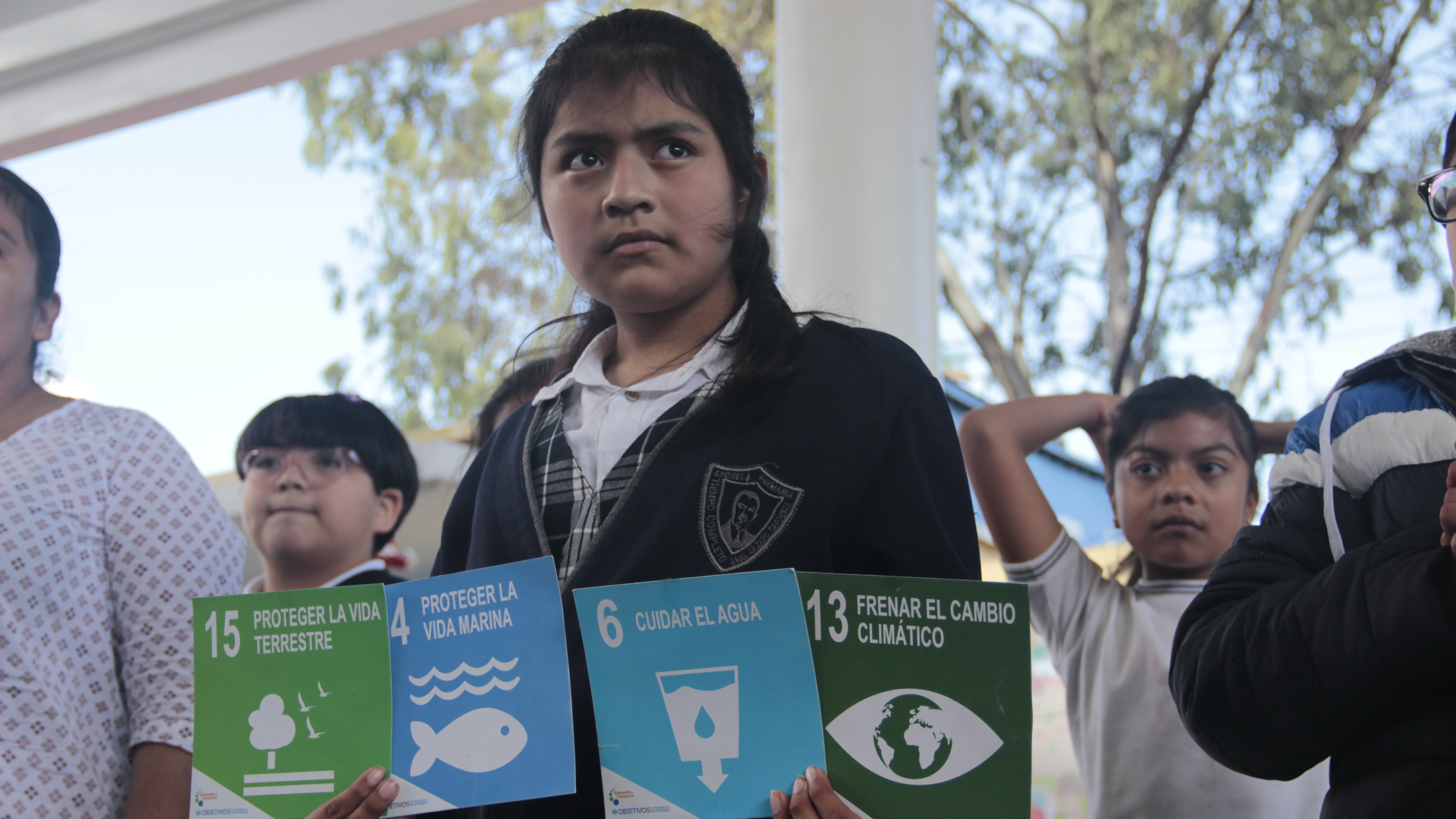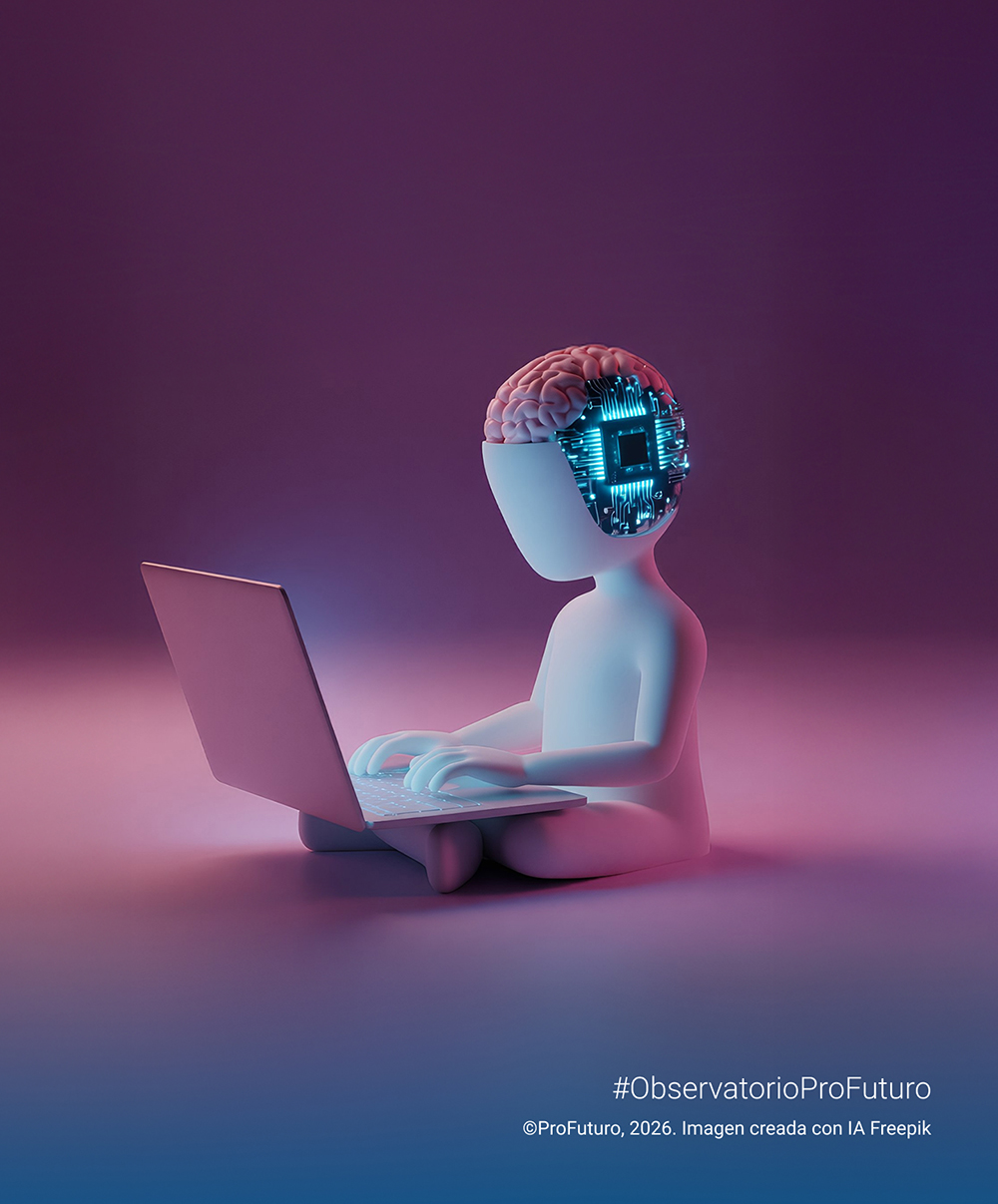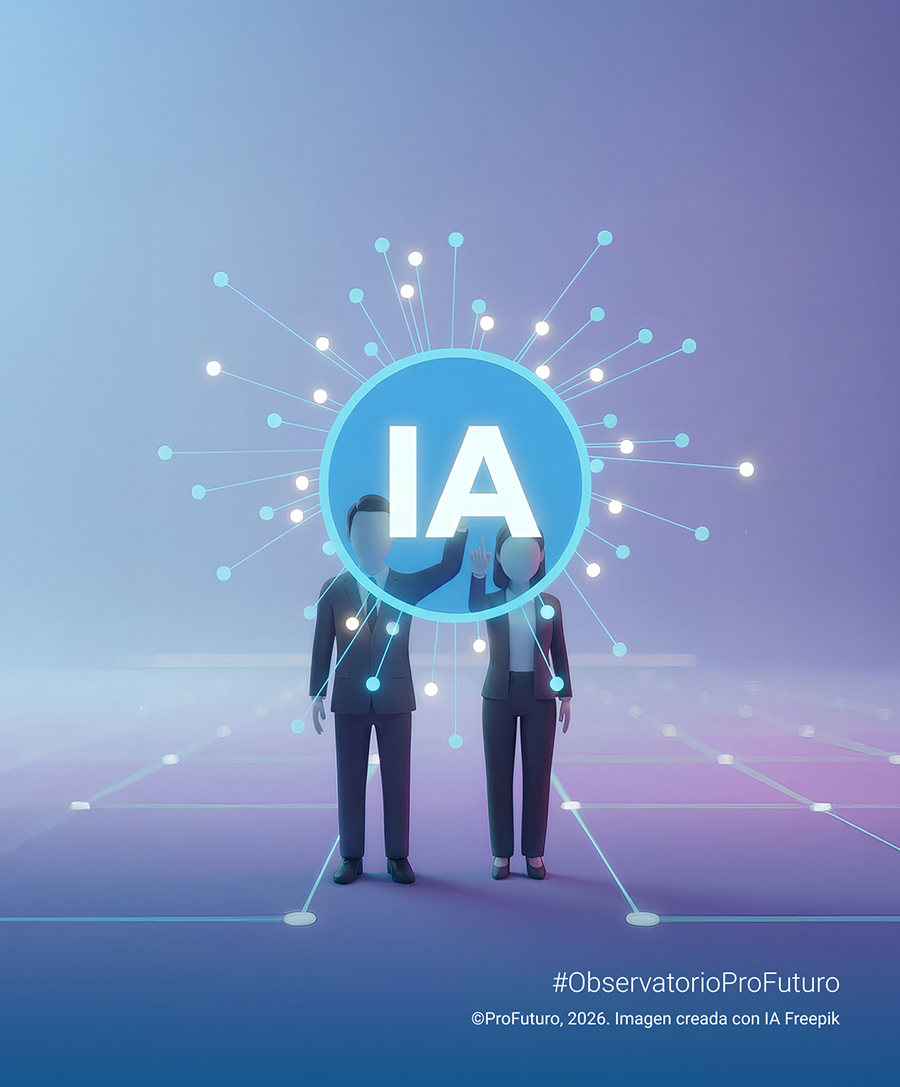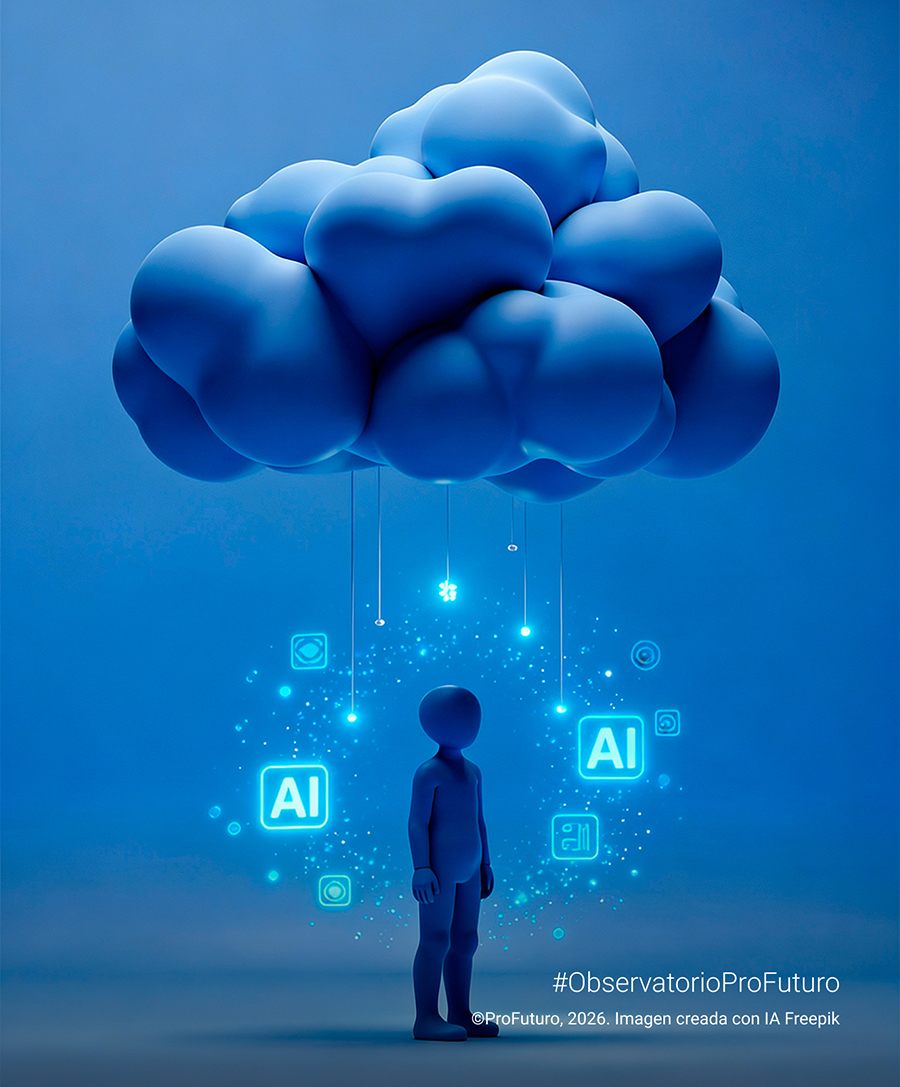Water is one of the most precious resources on the planet. A limited and irreplaceable one, which is at the heart of sustainable development and essential for socio-economic development and human survival. For all these reasons, water is included in the Sustainable Development Goals (SDGs), the United Nations “master plan” to achieve a sustainable future for all.
The new world that emerged from the technological revolution needs global citizens, aware of global challenges, and interested in getting involved in solving those challenges. To “cultivate” these global citizens it is essential to sow from childhood. Prepare children to become those global citizens that today’s society demands.
Do you want to know more about global citizenship? What is it? What competencies make it up? How to teach it? At the ProFuturo Observatory, we have dealt with the subject in several articles. We remember them.
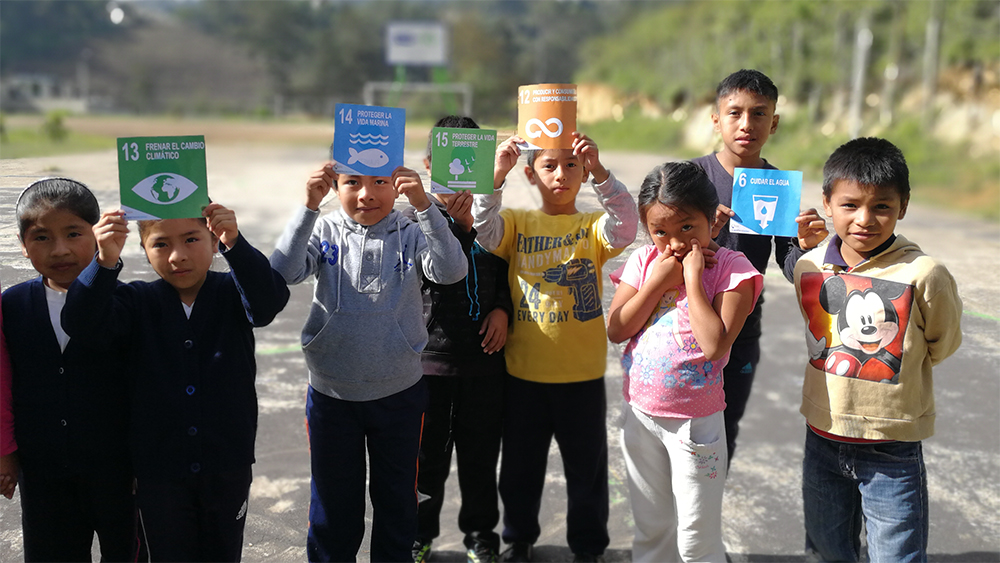
Global citizens wanted. Reason: 21st Century
Today’s world is nothing like the world we knew 20 years ago. The 21st Century has brought major technological as well as social and natural changes. In order to move around this new reality, today`s children need to learn skills which, although they aren´t new, have become extremely important within the current-day context. They’re skills that comprise global citizenship. In this article, we explain what they are and why they’re so important.
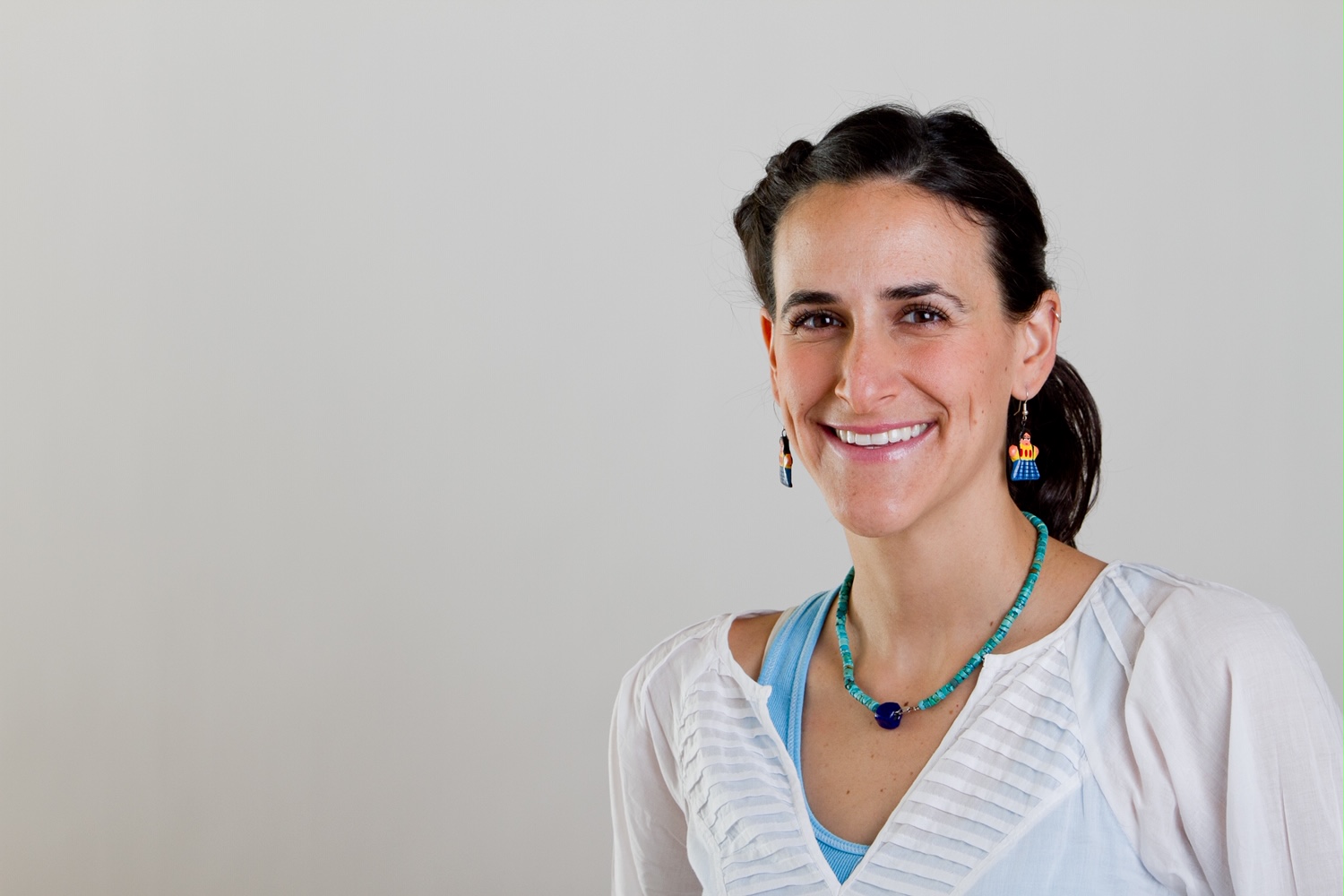
Dina Buchbinder: playing to change the world
What is a global citizen? How is it taught? Are we preparing our children to be the citizens that today’s society needs them to be? What challenges do teachers face in educating the new citizens of tomorrow? What skills and competencies should they learn to manage? This is what Dina Buchbinder, a woman who firmly believes that is possible to change the world through education, and who has moved from words to deeds, is talking about.
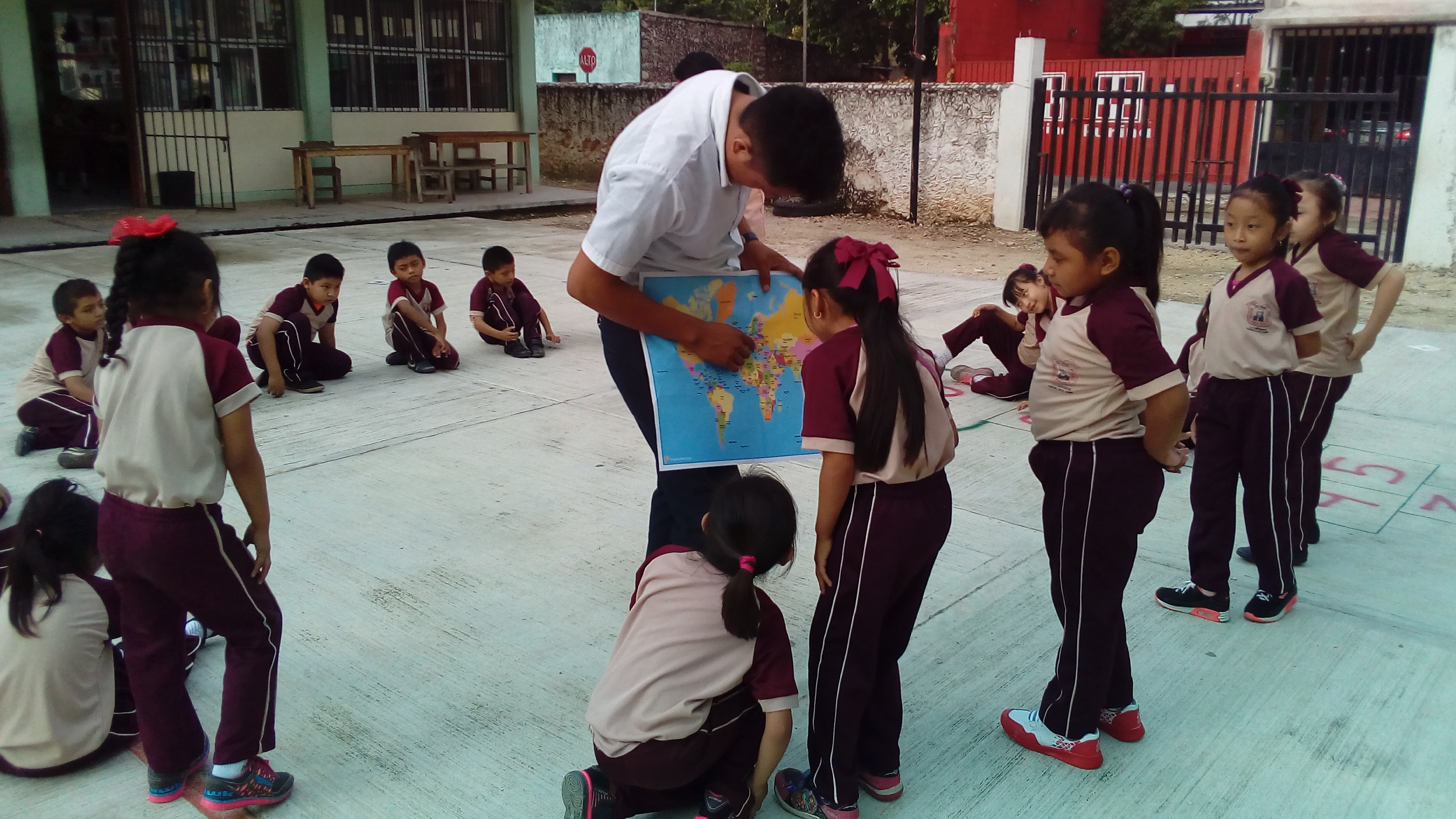
Changing the World: A children’s Game
Dina Buchbinder has got more than a million people playing in various countries around the world: teachers, students, parents… They all play to the tune set by this woman who, one day, decided that it was possible to learn in a different way. Connecting children with their emotions through play, thus promoting reflection and motivating them to action. Because the world can be changed. The global citizenship movement has begun.
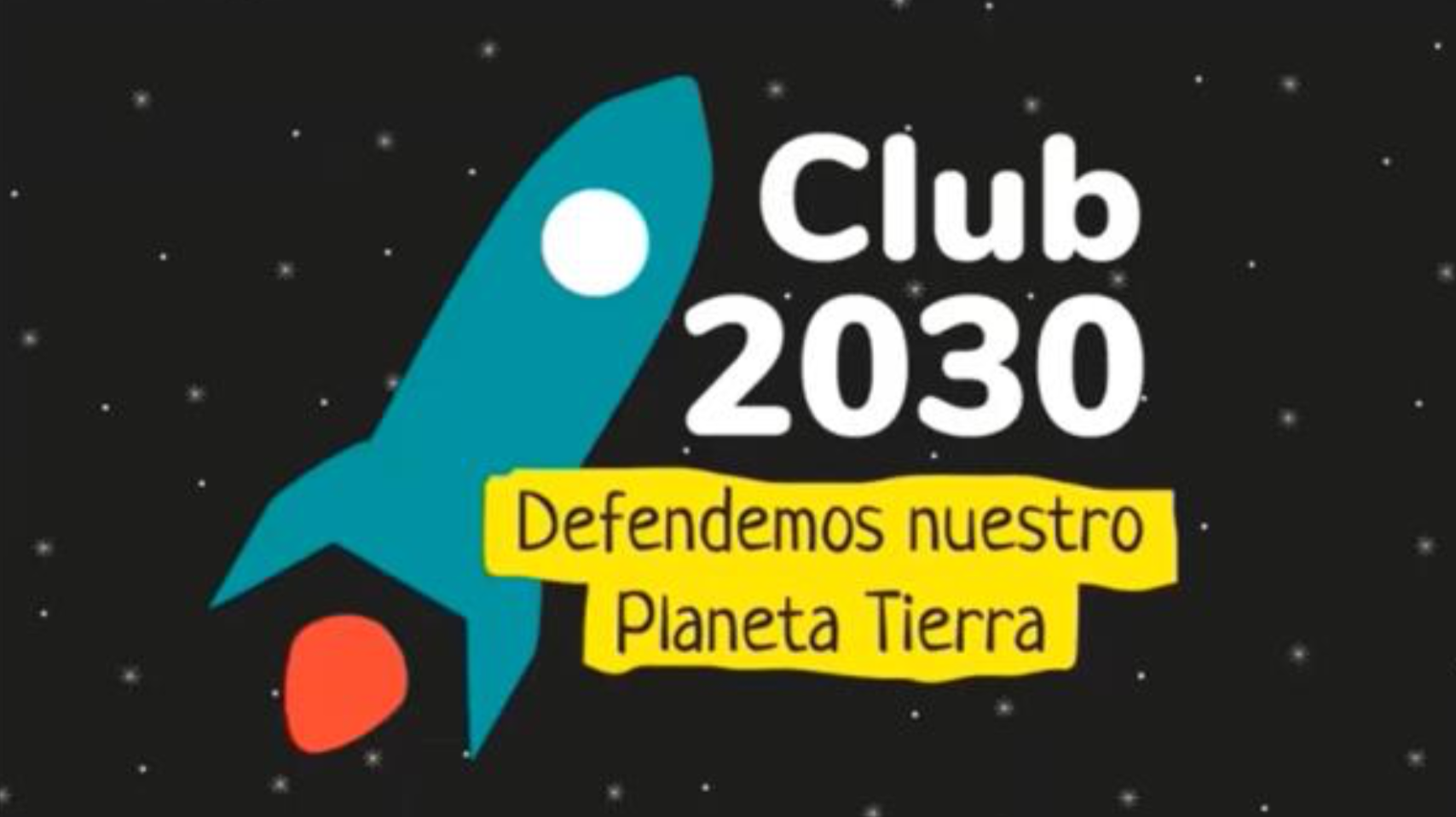
There are sports clubs, chess clubs, and elite clubs. And then there’s the 2030 Club, an educational proposal to develop key digital competences that promote global citizenship, life skills, and sustainable development.
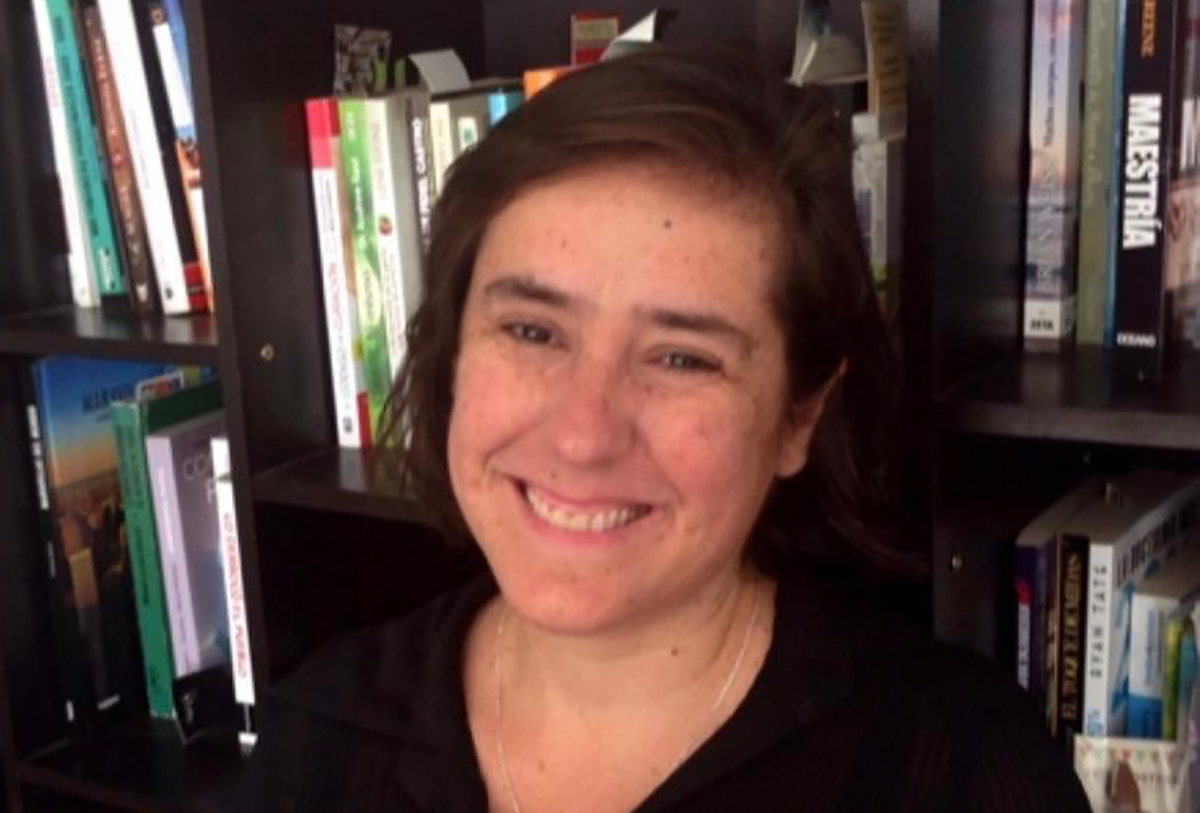
Marcela Momberg: La profe “enredada”
What skills do children need to learn in this hyper-connected age to be able to exist in the digital world? How should we teach them? What is digital citizenship? What are the best pedagogical strategies for integrating social media into the classroom? Chilean teacher, Marcela Momberg, an expert in social networks applied to teaching, spoke to the Observatory about these and many other issues. Don’t miss the interview.



